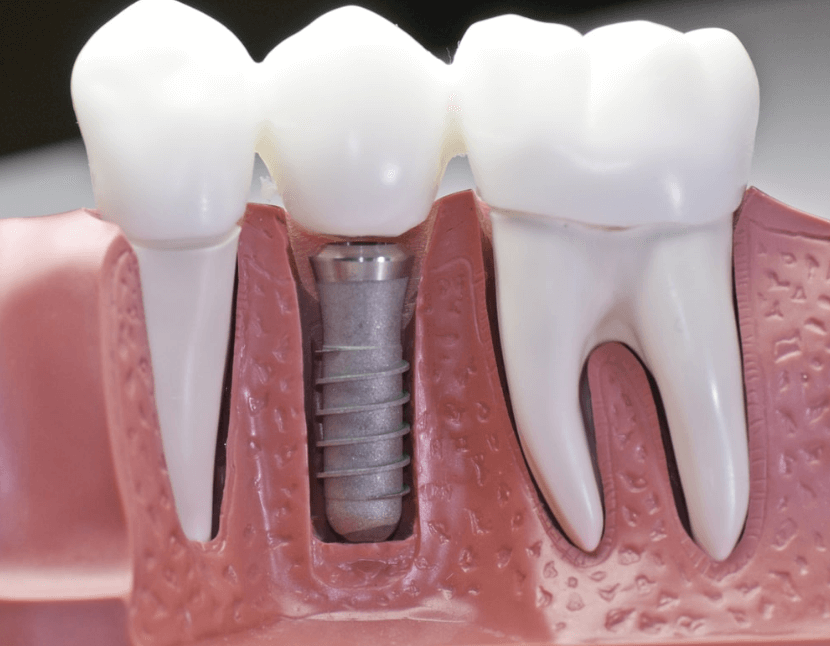However, one common concern among patients is whether dental insurance covers the cost of implants. In this article, we will explore the topic of dental implant coverage and provide valuable insights into are dental implants covered by insurance policies and alternative options for financing these restorative procedures.
Introduction
When it comes to dental procedures, insurance coverage can be a determining factor for many individuals. Dental implants, which offer a long-lasting and natural-looking solution for missing teeth, are an investment in oral health and self-confidence. Understanding the coverage options for dental implants is essential to make informed decisions about one’s dental care.
Understanding are dental implants covered by insurance
Before delving into are dental implants covered by insurance coverage, it’s crucial to have a basic understanding of dental implants. They offer a durable and aesthetically pleasing alternative to traditional dentures or bridges.
The Cost of Dental Implants
For patients requiring multiple implants or additional procedures like bone grafting, the cost can increase significantly.
Dental Insurance Coverage for Implants
When it comes to dental insurance coverage, policies can differ greatly. While some insurance plans provide coverage for dental implants, others may exclude them or offer limited benefits. It’s crucial to review the details of your insurance policy and understand the specific coverage for dental implants.
Limitations and Exclusions
Many dental insurance plans categorize dental implants as a cosmetic procedure and may not cover them under their standard plans. Cosmetic procedures are typically considered elective and are not deemed medically necessary. However, certain policies may offer coverage for implants if they are required due to an accident or injury.
Alternative Coverage Options
If your dental insurance does not cover dental implants or offers limited benefits, it’s worth exploring alternative coverage options. Some insurance companies offer supplementary plans or riders that specifically cover dental implants. These additional policies can provide financial assistance for implant procedures, reducing out-of-pocket expenses.
Factors Influencing Insurance Coverage
Several factors can influence dental insurance coverage for dental implants. Understanding these factors can help individuals assess their chances of receiving coverage for the procedure.
Pre-existing Conditions
Insurance companies often consider pre-existing conditions when determining coverage for dental implants. If tooth loss is a result of a pre-existing condition, such as congenital abnormalities or chronic diseases, the chances of receiving coverage may be higher. However, policies vary, and it’s essential to review your insurance plan’s terms and conditions.
Cosmetic vs. Restorative Procedures
As mentioned earlier, dental implants are sometimes categorized as a cosmetic procedure. Insurance policies that focus on preventive and restorative care may not cover cosmetic procedures. However, if dental implants are deemed medically necessary to restore functionality and improve oral health, insurance coverage might be more likely.
Tips for Maximizing Insurance Benefits
If your dental insurance does cover dental implants, there are several tips to help you maximize your benefits:
- Review your insurance policy: Familiarize yourself with the coverage details and any limitations related to dental implants.
- Seek pre-authorization: Before undergoing the implant procedure, obtain pre-authorization from your insurance company to confirm coverage and estimated costs.
- Document medical necessity: Work with your dentist to provide detailed documentation highlighting the medical necessity of dental implants, if applicable.
- Explore in-network providers: Opting for in-network dental providers can often result in greater coverage and reduced out-of-pocket costs.
- Utilize flexible spending accounts (FSAs) or health savings accounts (HSAs): These accounts allow you to set aside pre-tax funds specifically for dental expenses, including implants.
Financing Options for Dental Implants
For individuals without insurance coverage or those seeking additional financial assistance, there are various financing options available. Some options include:
- Dental financing companies: Companies specializing in dental financing offer loans specifically tailored to cover dental procedures, including dental implants.
- Payment plans: Many dental practices offer flexible payment plans, allowing patients to spread the cost of their implants over a designated period.
- Health credit cards: Some credit cards are designed for medical and dental expenses, offering promotional financing options or rewards for healthcare-related spending. Read more…
Conclusion
While are dental implants covered by insurance coverage for dental implants can be limited or excluded in some cases, it’s important to thoroughly review your policy and explore alternative coverage options. The cost of dental implants should not deter individuals from seeking this effective and long-lasting tooth replacement solution. By understanding your insurance coverage and exploring financing options, you can make informed decisions about your dental health and regain a confident smile.
FAQs
Q: Can I get dental implants if I have no insurance coverage?
A: Yes, dental implants are available to individuals without insurance coverage. While insurance can help reduce costs, there are alternative financing options and payment plans available to make dental implants more accessible.
Q: How can I find out if my insurance covers dental implants?
A: Review your insurance policy documents or contact your insurance provider directly. They can provide you with information regarding coverage for dental implants and any associated requirements or limitations.
Q: What should I do if my insurance denies coverage for dental implants?
A: If your insurance denies coverage for dental implants, you can explore alternative coverage options such as supplementary plans, payment plans, or dental financing companies. Consulting with your dentist and discussing possible options is also advisable.










